The sense of hearing is one of the key human senses for everyday use. However, not everyone has this sense fully functional. WHO (2018) suggests that approximately 466 million people (or 6.1% of the world’s population) were living with disabling hearing loss in 2018. This estimate is projected to rise to 630 million by 2030 and to over 900 million by 2050.
Hearing impairment or loss of hearing can be due to one of the so many factors ranging from chronic ear infections, birth asphyxia (a lack of oxygen during birth), injury to the head, maternal rubella (a contagious viral infection), complications at birth, excessive exposure to loud noise, use of certain medications, wax in the ear, and a host of others.
The major impact of hearing impairment is on speech and language development, which are primarily acquired auditorily. For a hearing person (one with a functional sense of hearing), he or she only needs to listen to hear what a speaker is saying.
In contrast, for the Deaf and Hard of Hearing (DHH), they need to either rely on a sign language interpreter or look at the speaker closely to be able to lip-read what is being said. Some DHH depend on the “total communication” approach for communication. This approach combines the use of speech, signs, cues, fingerspelling, lip-reading and other natural gestures.
The COVID-19 pandemic has posed a lot of challenges to all groups of people in the world today. One of the resulting policies for protection is the wearing of facemasks. It is almost as if your outfit is incomplete without a facemask. The deaf community is not left out.
We have to be conscious of the difficulties that wearing a facemask can pose to our deaf and hard of hearing friends and family members.
Subscribe to Dazzling Insights Blog
You will be notified as soon as a new article is published
Some DHH depend on the “total communication” approach for communication. This approach combines the use of speech, signs, cues, fingerspelling, lip-reading and other natural gestures.
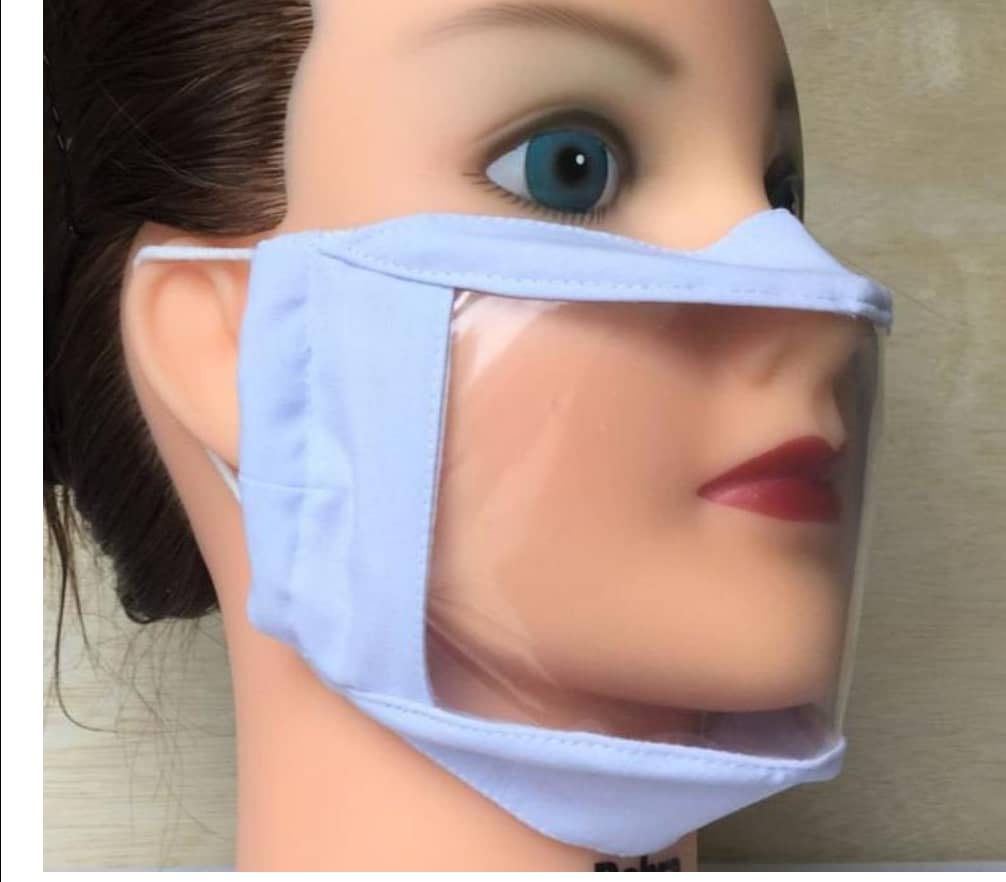
Aside from hampering our day-to-day interactions with the DHH, even critical health and safety information regarding COVID-19 can be difficult to pass on to them when facemasks are worn. This depends on the medium of communication too. Wearing facemask has become an added barrier to effective communication with persons who have to depend on facial expressions, lip-reading, gestures to have a proper understanding of what is said.
Sadly, one deaf person has this to say: “In fact, it has not been easy, but I have to adjust to the government-stipulated law. I find it difficult accessing information when everyone is wearing facemasks as the availability of communicating via lip-reading is barred” – Hellen Beyioku-Alase
Do I mean that wearing of masks is improper? No! I only suggest that, when you wear a facemask, especially one that completely covers your nose and mouth, while conversing with DHH, you make it difficult for them to read your lips, gestures and so on.
Share this Dazzling Post
As a possible solution to this challenge, one should try to wear a transparent facemask. Ayoade Beyioku-Alase commented: “Sign language interpreters should make use of transparent facemasks for the benefit of the majority of us who depend on facial expression, lip-reading and total communication”.
An anonymous writer also had this to say: “Surely, facemask is not good for the deaf, especially those who depend on lip-reading and sign language. There cannot be total communication with a covered mouth; it is alien to the deaf community. Facemask covers many of the facial expressions such as smile, sadness, not-sure expression, and so on”.
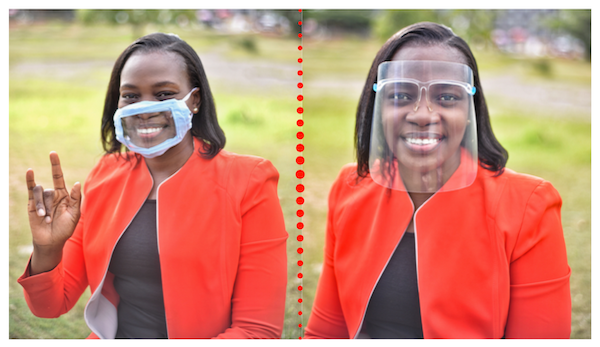
"We have to be conscious of the difficulties that wearing a facemask can pose to our DHH friends and family members."
This article is to raise awareness on the potential communication challenges that the DHH might face, and also to suggest ways that we can maintain good communication with this group of people in our family or friendship circles.
Given the fact that facemasks are highly unlikely to disappear soon, we can choose to adjust to a more beneficial means of communicating.
Here are a few practical suggestions to support our DHH people, friends and family members:

Use deaf-friendly facemasks (transparent), one with a clear panel that allows the DHH to lip-read and see your facial expressions.

As a sign language interpreter and a close carer of the DHH, a deaf-friendly facemask is a must to keep your mouth visible.

For Hard of Hearing person who still have some hearing, be sure to face them and speak slowly and clearly.

Use other means of communication such as moving around with a jotter or a notepad close to you for communicating with the DHH.

You can learn sign language if you are yet to acquire the language; it does not hurt to do so.
Let’s support the Deaf and Hard of Hearing in our families, circles of friends and places of work, worship and schools. No matter the disability and the current situation, let’s all dazzle together!

Dr. Grace Chinenye Ilori is a dedicated and trained special needs educator. She has a PhD in Special Education. Dr. Ilori serves as a teacher and interventionist for children with special needs and their families for over 7 years. She currently consults and trains teachers on special needs' best practices. Her interests include helping children with special needs reach their
potential as well as supporting their families. Dr. Grace Ilori enjoys her spare time with her family, reads, volunteers and travels.
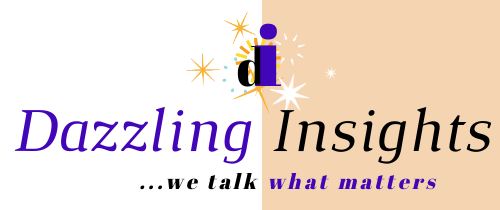
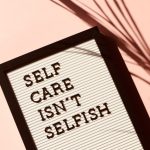




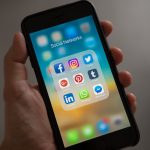



Comments 3
Thanks for this insightful article. Excellent work. I just got mine. We will continue to our best to communicate to the DHH community while observing all the protocols in a deaf-friendly manner. Dr. Grace we appreciate your works.
This is commendable. Sign language interpreters and care givers should try to take note.
Dear Hellen, Thank you for your comments. Yes, I totally agree everyone should be conscious of the difficulties that non-transparent facemasks can pose to DHH. Your statement on this issue is highly commendable.